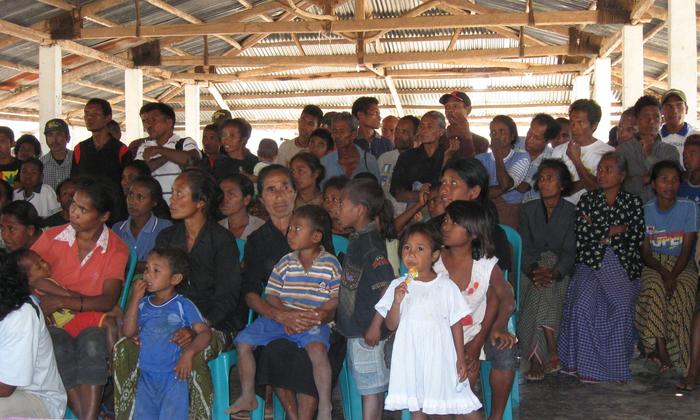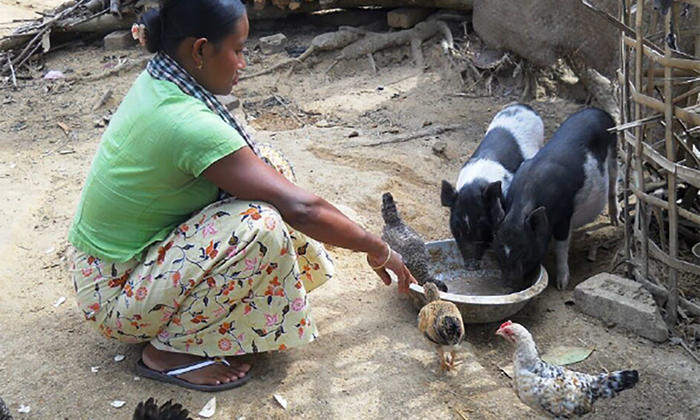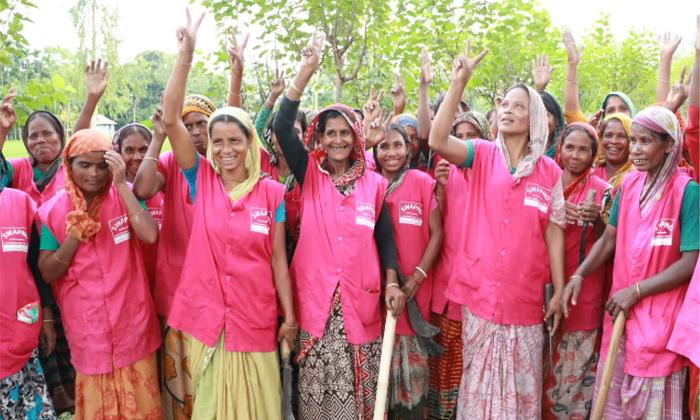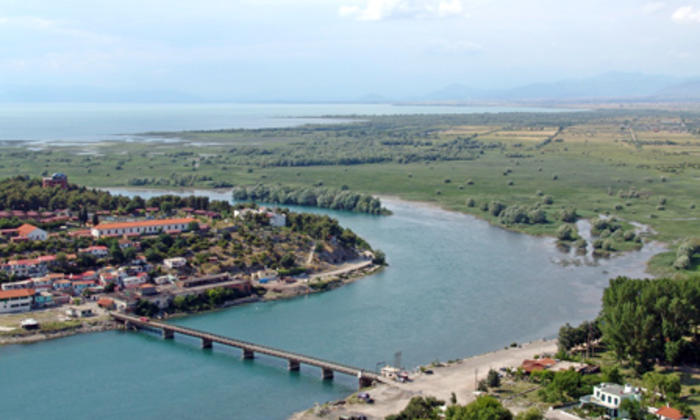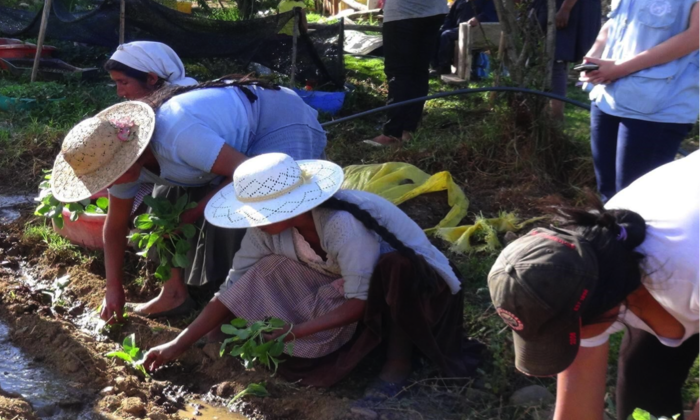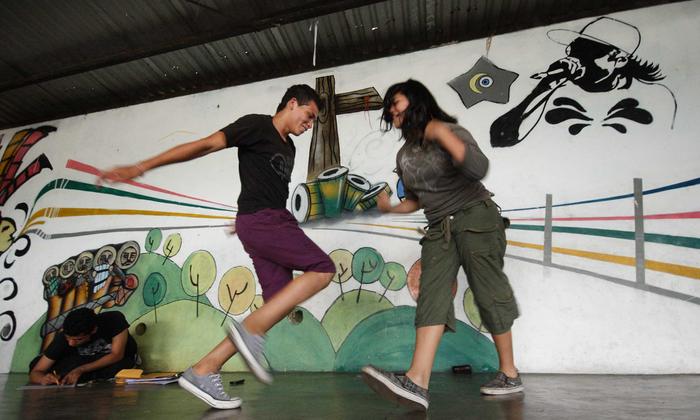Key success factors included the development of a common vision to reach agreements and consensus to support the gender equality-related goals within a country’s strategy or developmental activity.
Case study
Gender mainstreaming in the Ministry of Culture in occupied Palestine territory
SDGs ADDRESSED
This case study is based on lessons from the joint programme, Economic governance, regulatory reform, public participation, and pro-poor development in occupied Palestine territory
Read more
Chapters
Project Partners
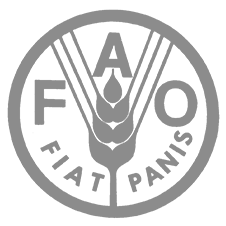
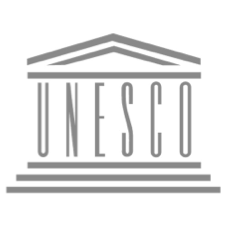
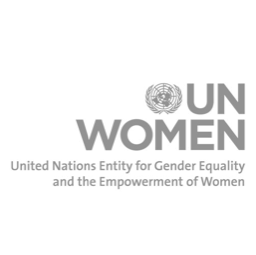
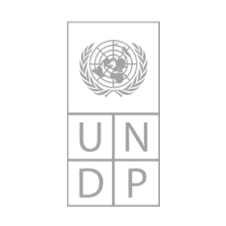
1. SUMMARY
The programme these practices are drawn from focused on mainstreaming the gender equality dimension in the Ministry of Culture of the occupied Palestine territory (the Programme). While relevant development strategies existed, they were gender-blind, as were the institutions charged with implementation. A turnaround was achieved through an innovative strategy, based on strategic partnerships, policy formulation and analysis, needs assessment and capacity building at all levels. Enhancing cultural capabilities made a positive impact on attaining the Millennium Development Goals (MDGs) while focusing on women’s empowerment in related cultural fields.

Gender mainstreaming workshop
2. THE SITUATION
Women’s perspectives and contributions to policies and activities were largely absent. Women were contributing to Palestinian culture in the context of production, i.e. literature, crafts, agricultural production, cinema, arts and more. Yet they were limited by a patriarchal society, occupation restrictions, and the absence of family or community support. To enhance and sustain Palestinian women’s contributions, they needed to be acknowledged and supported at different levels. Palestinian cultural heritage had not previously been assessed from a gender perspective and women’s contributions and roles in the culture had not been institutionalized with national polices and capacity development strategies. The Palestinian Reform and Development Plan, 2008-20101 stressed the importance of the strategy for culture as a pioneering platform for development, yet there was a need to analyse it from a gender perspective in order to assess gender gaps in the institutionalization and capacity development plans related to women’s roles in Palestinian Ministries or as culture producers in general.
1 http://siteresources.worldbank.org/INTWESTBANKGAZA/
Resources/PRDP08-10.pdf
ISSUES FACED BY WOMEN:

3. STRATEGY
The Programme adopted an innovative and interdisciplinary strategy seeking to reach an integrated and holistic approach for the promotion of cultural diversity as a venue for development. This strategy was built through a circular feedback process structured by interlinked components: capacity building, policy-making and partnerships establishment.
The implementation of this strategy followed a bottom-up approach by: (i) including all actors involved in the protection and promotion of Palestinian cultural diversity (local communities, private sector, civil society at large and government officials both at central and local level); (ii) piloting on site activities (on-the-job training) and using the lessons learned at the grassroots level to feed the national policy development and vice versa.
FEEDBACK PROCESS:
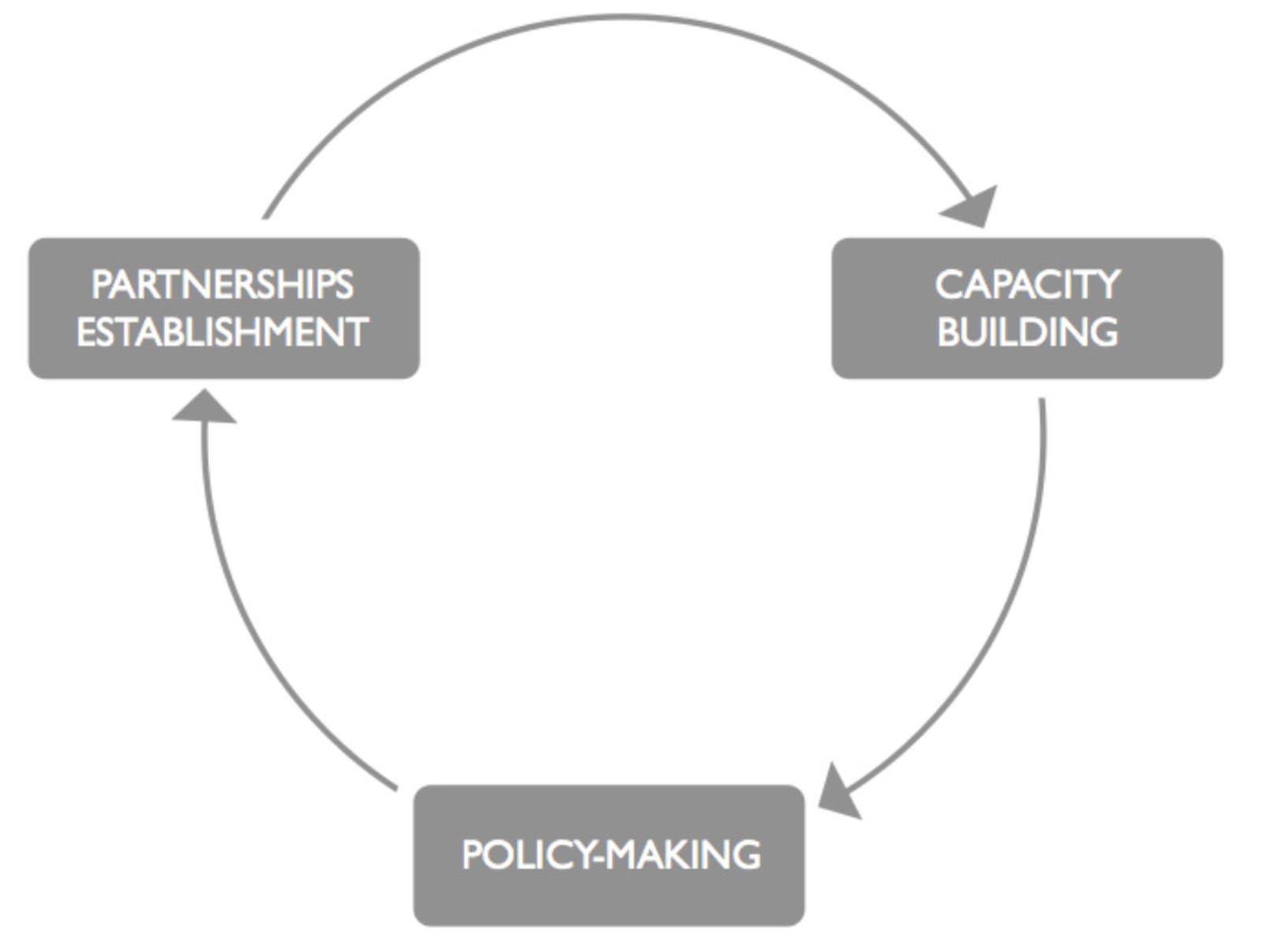
4. RESULTS AND IMPACT
- Building Partnerships and Raising Awareness: A number of meetings were held with representatives of the different administrative levels of the Ministry of Culture and the Ministry of Women Affairs. Also, meetings were organized and workshops were carried out with gender-related supporters and academic institutions.
- Support in Policy Formulation: In March 2011, the Ministry of Culture approved the first gender-responsive Palestinian Culture Sector Strategy. This achievement was preceded by different phases.
Phase 1: Capacity-Building: A workshop was organized on gender mainstreaming in the National Plan for Palestinian Culture, 2007 (NPPC). The following were the objectives of the workshop:- Develop the ability to read and analyse developmental projects and design activities promoting social equality and fairness based on gender.
- Provide training on analysing projects from a gender perspective.
- Discuss some of the practices and cultural elements of the Palestinian society with the use of the gender concept (i.e. the relation between culture and gender).
- Review the cultural strategy including analysing the realities/cases, strategies and interventions from a gender perspective.
- Modify the NPPC from a gender perspective, including the analysis of realities/cases and objectives while focusing on policies and interventions.
Phase 2: Identifying the main gaps in the NPPC from a gender perspective.
Phase 3: Assessing the Ministry of Culture’s functional staff needs: In 2011, a study was conducted to assess the needs of the Ministry of Culture’s functional staff through a consultative process including representatives from the Ministry of Women Affairs and Ministry of Culture.
- Gender Mainstreaming in the NPPC Action Plan: This was done by relying on a participatory approach and collective efforts on the basis of full partnership between the two main Ministries interested in developing the strategy, the Ministry of Women’s Affairs and the Ministry of Culture. Also, there was a review of the Action Plan for Culture, including the results and mechanisms, by carrying out personal interviews, collective workdays and focus groups.
- Creation and Training of Pivotal Team to Carry out Duties from a Gender Perspective: A National Expert on Gender designed a training plan to enhance and strengthen the skills of a pivotal team. This team was composed of 25-30 (male and female) employees from the various administrative levels of the Ministry of Culture who served as focal points on gender mainstreaming at the Ministry and its offices in the governorates. The pivotal team comprised of various general administrations from the Ministry of Culture and various Palestinian governorates.
WITHIN THIS FRAMEWORK, THREE TRAINING WORKSHOPS WERE CONDUCTED ADDRESSING THE FOLLOWING SUBJECTS:

5. CHALLENGES
The Programme gender experts observed that limited resources were provided for addressing gender inequality in culture national plans and policies. There was also a lack of knowledge and expertise in gender. The research topics and subjects were not always viewed through a gender lens. Researchers did not rely on the case/reality analysis of women and men from a gender perspective within the Palestinian context.
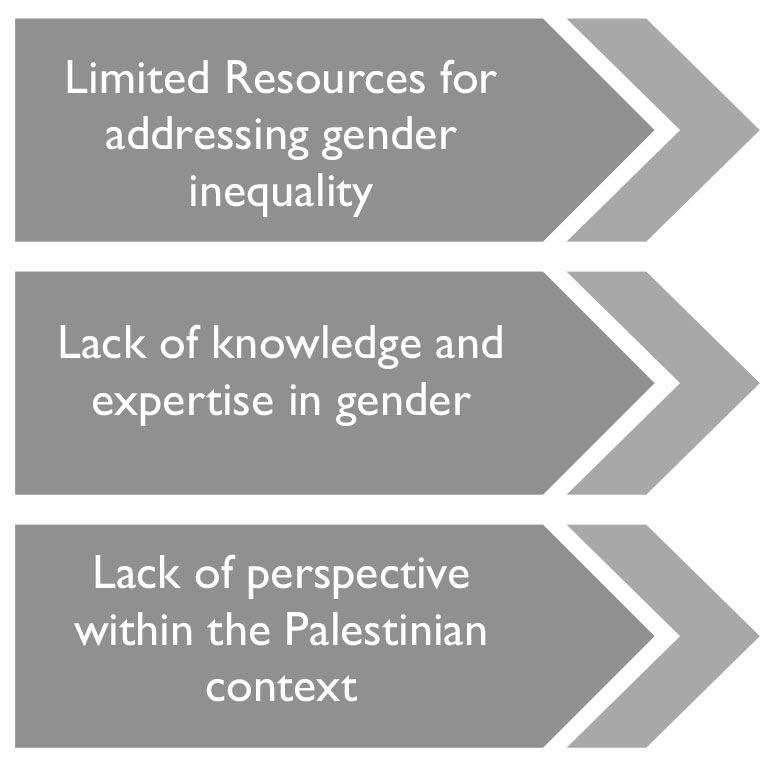
6. LESSONS LEARNED
- Building strong partnership relations between the stakeholders from international bodies, official institutions, NGOs, national and academic institutions based on dialogue for the sake of attaining gender quality and equality was the primary key for success. Key success factors also included the development of a common vision to reach agreements and consensus to support the gender equality-related goals within the country’s strategy or developmental activity.
- The presence of the Minister of Culture and Minister of Women’s Affairs was crucial for the purpose of showing commitment, support and advocacy and to give legitimacy to the development of gender-sensitive policies in the cultural sector.
- Addressing gender inequality issues in the Ministry of Culture through research, international analysis and needs assessment based on gender was a key element of success.
- The mobilization of the Ministry of Culture’s functional staff was an integral step in the planning process, based on the gender needs assessment.
- The direct involvement of all Ministry of Culture employees creating the Action Plan was crucial since the success of any mission largely relies on the functional staff’s understanding of the duties expected of them.
7. SUSTAINABILITY AND POTENTIAL FOR REPLICATION
In order to guarantee the sustainability of the achievements, the various activities were framed within the capacity-building methodology. Additionally, some practical methodologies were adopted, such as the “Learning by Implementing” method, which was the main method applied in executing all gender-related activities. To build on the success of the Programme the following steps would be vital:
Political will:
- Establishing a Memorandum of Understanding between the highest Ministry levels and UN Women in order to continue to developing women’s contributions in the Cultural Sector.
- Work on institutionalizing a thorough partnership between the Ministry of Culture and the various official ministries whose work intersects/cross-cuts that of the Ministry in adopting a gender sensitive, nationally proposed cultural vision.
Cultural change in the Ministry of Culture:
- Generalizing the concept of gender equality among the Ministry of Culture’s functional staff in a prioritized manner, through the use of tools and methods that suit the perspectives of employees.
- Targeting decision-makers inside the Ministry of Culture and intensifying the training on gender mainstreaming concepts.
- Reviewing the follow-up and assessment system from a gender perspective in order to develop follow-up mechanisms that monitor progress.
- Coming up with assessment indicators that are sensitized to gender in the Cultural Sector in order to measure the degree of progress in attaining the goals of policies, programmes and projects aimed at men and women.
The importance of the Gender Unit:
- Empowering the Gender Unit based on concepts related to gender as well as the international charters and agreements related to women.
- The adoption of a comprehensive Strategic Plan for the Unit relying on the National Strategic Plan for the Cultural Sector.
- Supporting the Unit as much as possible by funding projects that could be introduced based on the strategic NPPC.
Under the Programme, similar efforts were undertaken in the Ministry of Agriculture. The methodology has the potential to be used by other ministries. Another strategy would be to build a communication bridge between Gender Units inside the ministries to disseminate lessons learned and work on deepening experiences and knowledge in gender mainstreaming.


